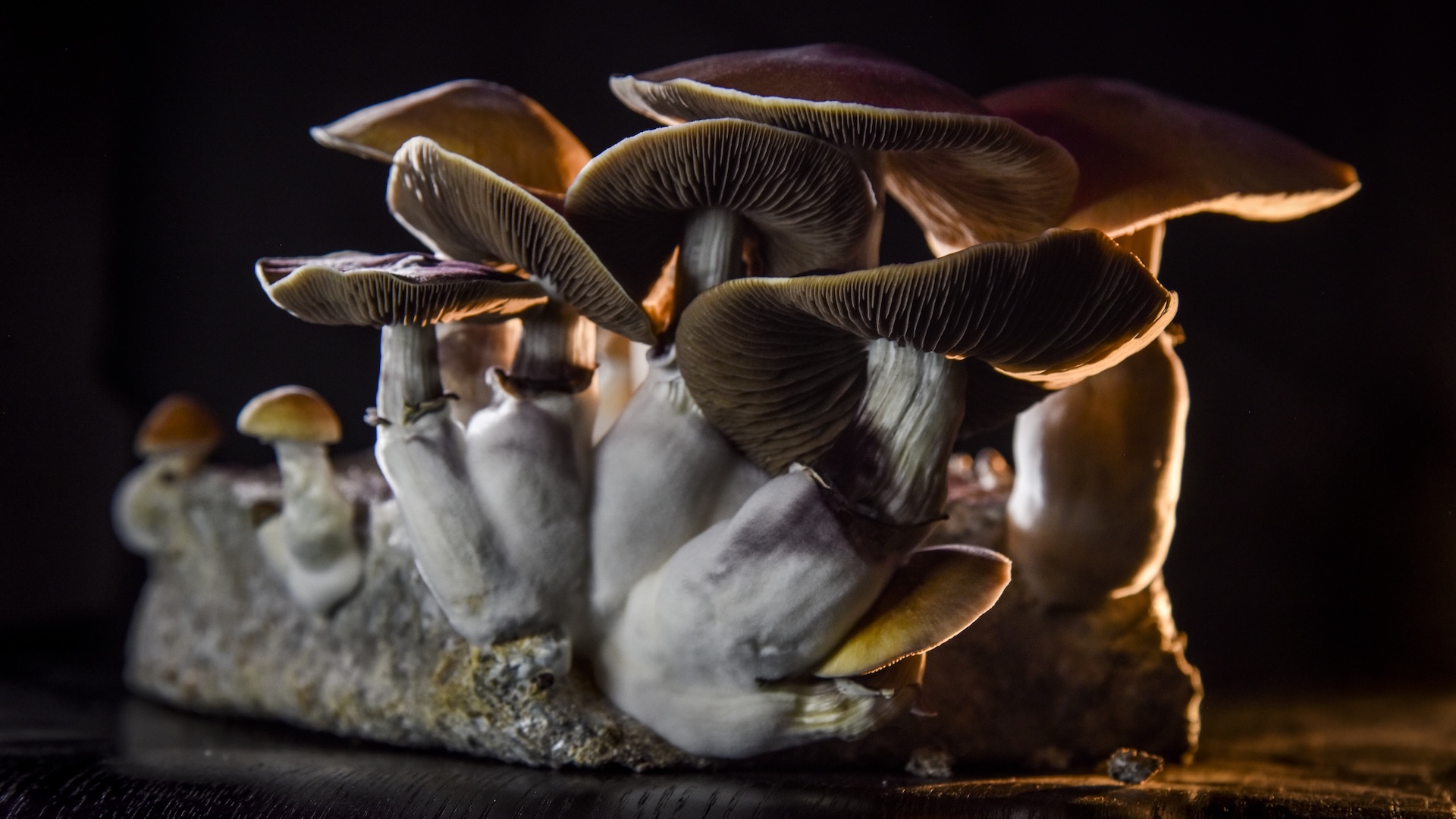Diagnostic dilemma: A man's 'magic mushroom' tea led to a bad trip to the hospital
A man's attempt at self-medicating with shrooms resulted in a trip to the intensive care unit.

The patient: A 30-year-old man in Phoenix, Arizona
The symptoms: The man's skin turned yellow and he became lethargic and nauseated. He also developed diarrhea and started vomiting blood before being brought to the emergency room.
What happened next: Doctors found that several of the man's organs had begun to fail, and his blood tested positive for Psilocybe cubensis, a fungus containing the psychoactive compound psilocybin.
The diagnosis: Prior to developing symptoms, the man had boiled "magic mushrooms" into a tea, which he then filtered through cotton and ultimately injected into his body. The patient was diagnosed with a fungal infection of the blood, as well as a bacterial infection. These infections led to multisystem organ failure and acute respiratory syndrome, in which fluid builds up in the air sacs of the lungs.
The treatment: The patient received antibiotics and antifungal drugs. He was also placed on a ventilator, which helped him breathe while in the hospital. After being discharged, he continued taking antibiotics and antifungal drugs as part of a long-term therapy.
What makes the case unique: Typically, when used recreationally, magic mushrooms are made into a tea for drinking — not injecting — or the fungi are eaten in raw, dried or powdered forms. Sometimes, they're incorporated into candies. In medical settings, the compound psilocybin may be administered via a pill or an intravenous injection, but this type of medical-grade, purified psilocybin has no fungi in it.
In this case, the patient developed a dangerous infection after introducing fungi into his bloodstream, highlighting the dangers of this route of administration. The patient did this in an attempt to relieve symptoms of bipolar disorder and opioid dependence.
Get the world’s most fascinating discoveries delivered straight to your inbox.
As scientists study the potential clinical uses of psilocybin and other psychedelics, it's important for the public to be informed about the "dangers attendant to the use of this, and other drugs, in ways other than they are prescribed," the man's doctors wrote in a report.
This article is for informational purposes only and is not meant to offer medical advice.
Ever wonder why some people build muscle more easily than others or why freckles come out in the sun? Send us your questions about how the human body works to community@livescience.com with the subject line "Health Desk Q," and you may see your question answered on the website!

Nicoletta Lanese is the health channel editor at Live Science and was previously a news editor and staff writer at the site. She holds a graduate certificate in science communication from UC Santa Cruz and degrees in neuroscience and dance from the University of Florida. Her work has appeared in The Scientist, Science News, the Mercury News, Mongabay and Stanford Medicine Magazine, among other outlets. Based in NYC, she also remains heavily involved in dance and performs in local choreographers' work.
 Live Science Plus
Live Science Plus





